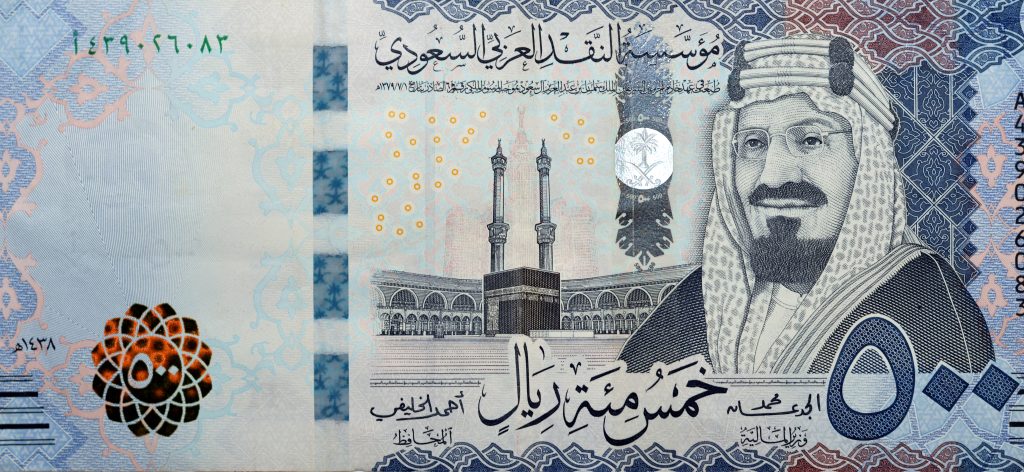Introduction
Achieving a stable economy amidst uncertainty is a critical issue. Effective monitoring of uncertainty factors, especially crude oil price fluctuations, is essential for economic growth. Oil-exporting countries benefit from high prices, boosting revenue and supporting development, while importers face fiscal tightening. Research highlights that oil price volatility significantly impacts economies and markets, causing short-term uncertainty and increased risk in the energy sector.
Various global crises, such as COVID-19 and geopolitical tensions, have intensified economic uncertainty, affecting growth and financial stability. Studies emphasize the role of geopolitical risk and economic policy uncertainty in shaping investment and economic cycles. In Saudi Arabia, a key oil exporter, economic stability depends on managing these uncertainties effectively. The study examines the impact of uncertainty indices on Saudi Arabia’s financial development and economic growth.
Literature Review
Research over the past decades has explored the relationship between economic performance and uncertainty, particularly due to oil market fluctuations. While some studies show positive effects of oil revenue on financial development, others highlight negative impacts on growth. Geopolitical risks and global uncertainty also significantly affect economic and financial stability. The Saudi context lacks extensive research, though studies suggest that US economic uncertainty affects GCC financial markets.
Data and Methodology
This study uses annual data from 1993 to 2020 to analyze the impact of uncertainty on Saudi Arabia’s economy, focusing on crude oil volatility, geopolitical risk, and global uncertainty. The methodology involves frequency domain Granger causality tests to explore the dynamic relationships between variables over short, medium, and long terms.
Empirical Results
Findings indicate that oil volatility impacts financial development in Saudi Arabia, particularly in the short term. Geopolitical risks significantly affect the banking sector but not the stock market. Economic growth shows no direct causality with oil volatility or geopolitical risk, highlighting the need for further research into these complex interactions.
Discussion
The study reveals that Saudi Arabia’s financial development is vulnerable to oil market and geopolitical uncertainties. Negative oil shocks have a more significant impact than positive ones, affecting market capitalization. Geopolitical risks influence financial development, requiring policy measures to enhance market resilience. The study underscores the importance of economic diversification and financial sector stability to mitigate uncertainty impacts.
Conclusion and Policy Implications
The study highlights the need for Saudi Arabia to diversify its economy and strengthen its financial sector to withstand oil price and geopolitical uncertainties. Policies should focus on expanding non-oil industries, enhancing financial inclusion, and improving regulatory frameworks to support economic stability and growth. Despite limitations, such as the exclusion of global economic policy uncertainty, the findings provide valuable insights for future research and policy development.
